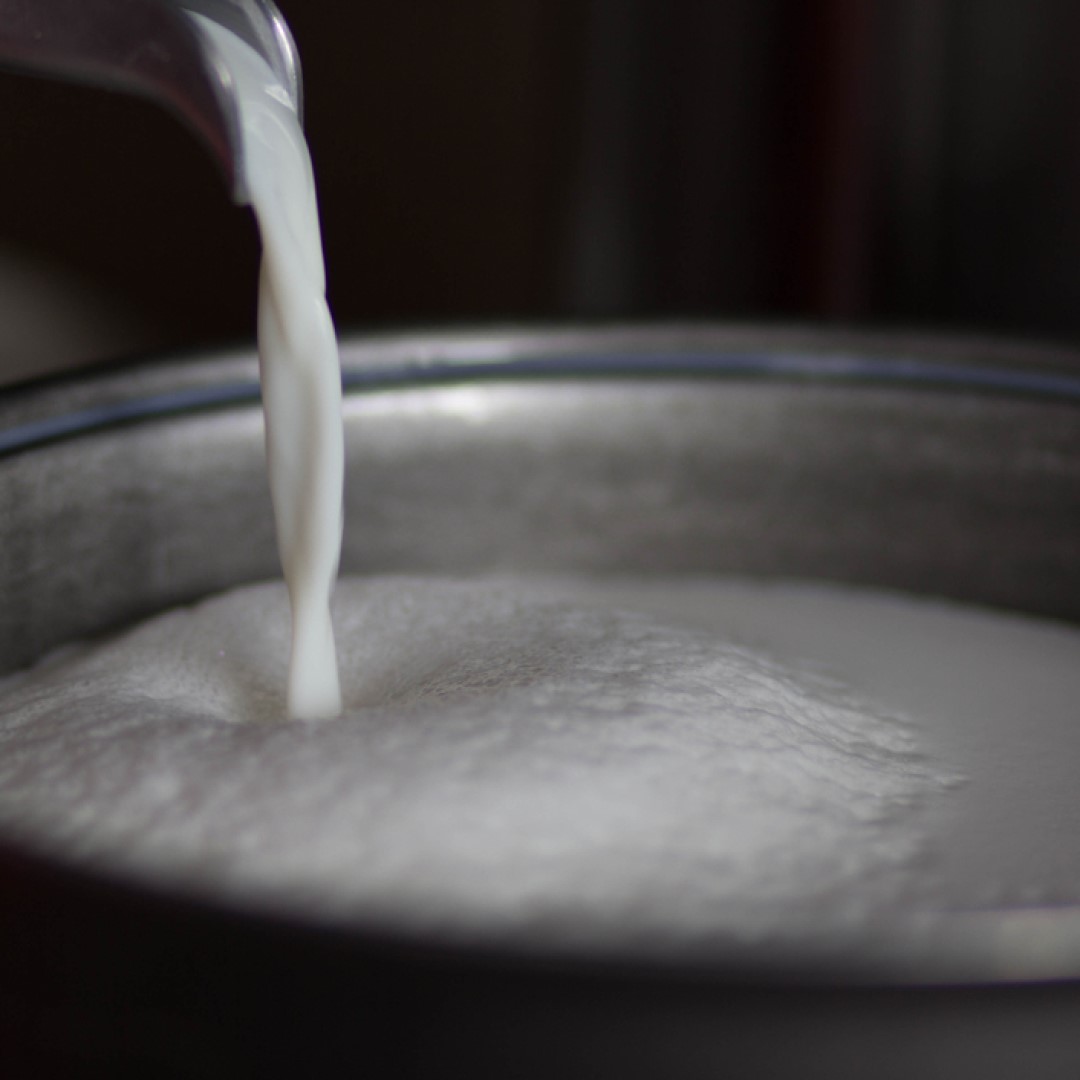
Raw milk containing H5N1 can infect mice, while lab-based heat treatments greatly reduce the virus
On May 24, 2024, a team led by University of Wisconsin–Madison scientists reported that consuming raw cow’s milk that contains H5N1 avian influenza virus poses an infection risk, but a laboratory process that simulates high-temperature pasteurization reduced the virus in infected milk by more than 99.99%.
The group, which also included researchers from Texas A&M University, found that mice that consumed untreated milk infected with H5N1 subsequently became ill with influenza and that small amounts of virus persist in untreated milk for weeks when kept at standard refrigeration temperatures.
While no mice died as a result of infection within the experiment’s four-day window, subsequent analyses showed high levels of virus in their respiratory tracts, suggesting their infections originated in their throats. The study findings were published in the New England Journal of Medicine.
Tags:
Source: University of Wisconsin–Madison
Credit:
